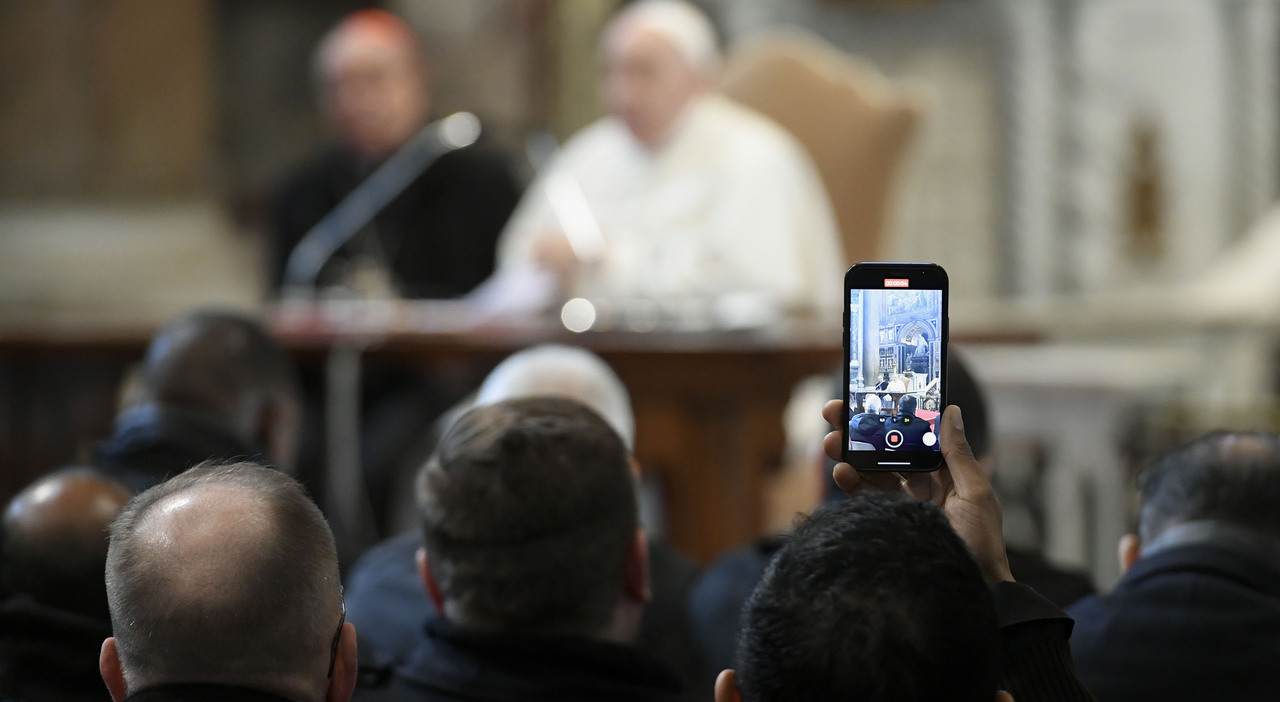Tuesday 16 January 2024, 12:33
If an entrepreneur has not regularly paid the social security contributions of his workers, he must be strictly excluded from tenders in the Vatican. Not only that. In a long list contained in yet another Motu Proprio published to clarify the correct functioning of the curial bureaucratic machine, Pope Francis has clarified that tender procedures will exclude all companies that have committed serious violations relating to the payment of taxes and duties, if they are negligent about the health of the workers, if they reside in countries with privileged tax regimes and if they are subject to liquidation procedures. In practice for economic operators - Italian and foreign - who are considering participating in the tenders of Oltretevere in view of the Jubilee, the requirements have become very precise, the meshes are very tight. No conflicts of interest of any kind are allowed, nor false statements and even disrespectful behaviors for the environment. Of course, the race is also forbidden for entrepreneurs "residing in jurisdictions at high risk of money laundering, financing of terrorism and/or proliferation of weapons of mass destruction, as identified by the Authority for Supervision and Financial Information in the performance of its institutional activity". TENDERS Pope Francis puts the Vicariate under observation, among the members of the vigilance also former students of Villa Nazareth and Guido Alpa The two new Motu Proprio were elaborated based on the text of the Constitution Praedicate Evangelium, whose somewhat hasty publication is requiring continuous adjustments in order to make it more fluid and clear. The object of the new interventions concerns competition in the awarding of public contracts, control and transparency. One of Bergoglio's main concerns is to limit as much as possible the discretion of internal decisions that in the past have led the contracts to the usual companies, often managed by relatives and friends of cardinals, officials or curia monsignors. Scandals and chaos accounts, Pope Bergoglio commissariats Santa Maria Maggiore Bergoglio has also established a ceiling in the autonomy of spending of the various dicasteries, all now subject to the control of the Secretariat of the Economy often causing bureaucratic repercussions, procedural slowness with mechanisms that were getting stuck for fear of officials making mistakes or getting it wrong. "Considering this, it is established that approval must be requested when the act exceeds 2% of the figure resulting from the average calculated on the total costs of the requesting Entity, as it results from the approved final budgets for the last three years. In any case, for acts whose value is less than € 150,000.00, no approval is required" reads in one of the two Motu Proprio. If there are complaints, the measures must be addressed to the Secretariat for the Economy, the Entity. And if it is intended to challenge them, "one must present to the same, within the peremptory term of fifteen days from the notification, the request for the revocation or modification of the measure, exposing the reasons. As a matter of law, the Entity has the right to appeal to the Supreme Tribunal of the Apostolic Signatura". Pope Francis counts the faithful and launches the Reserved Matters Commission
© ALL RIGHTS RESERVED
This article is automatically translated
